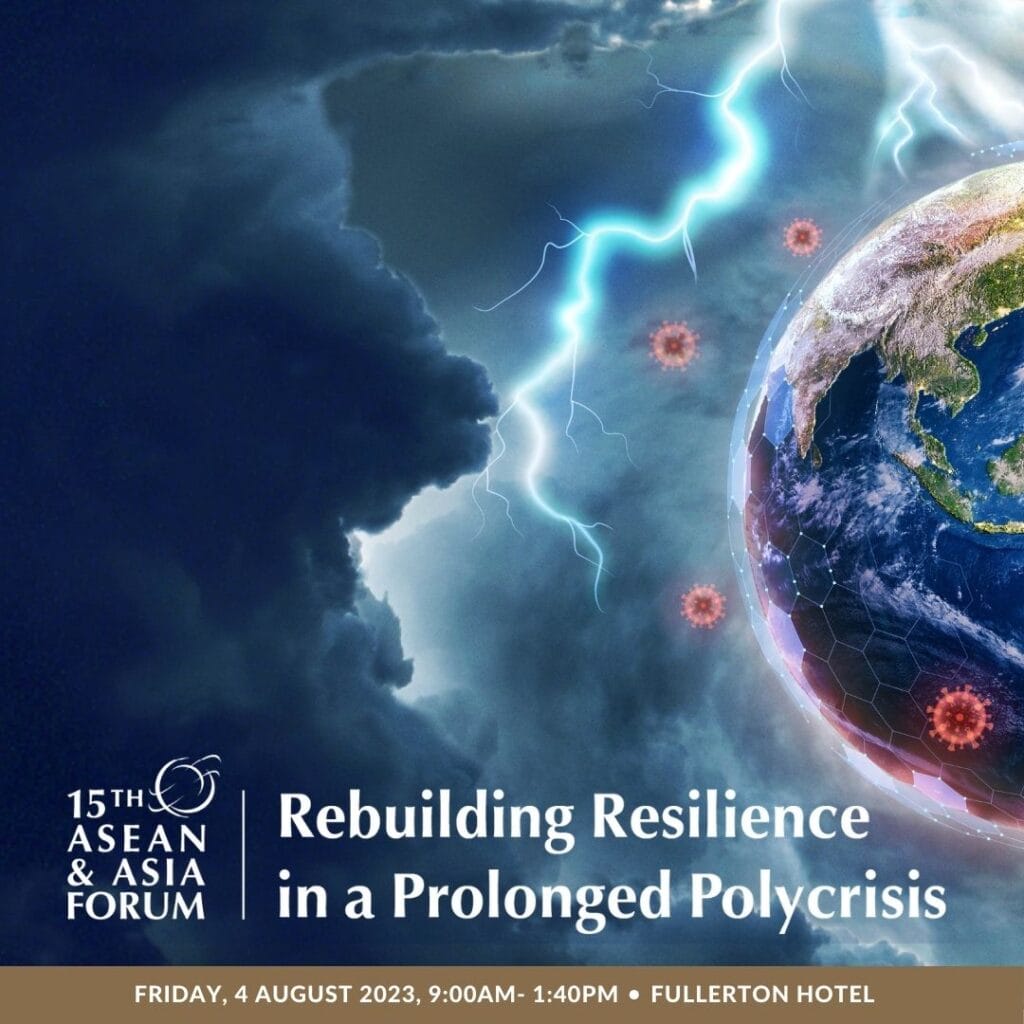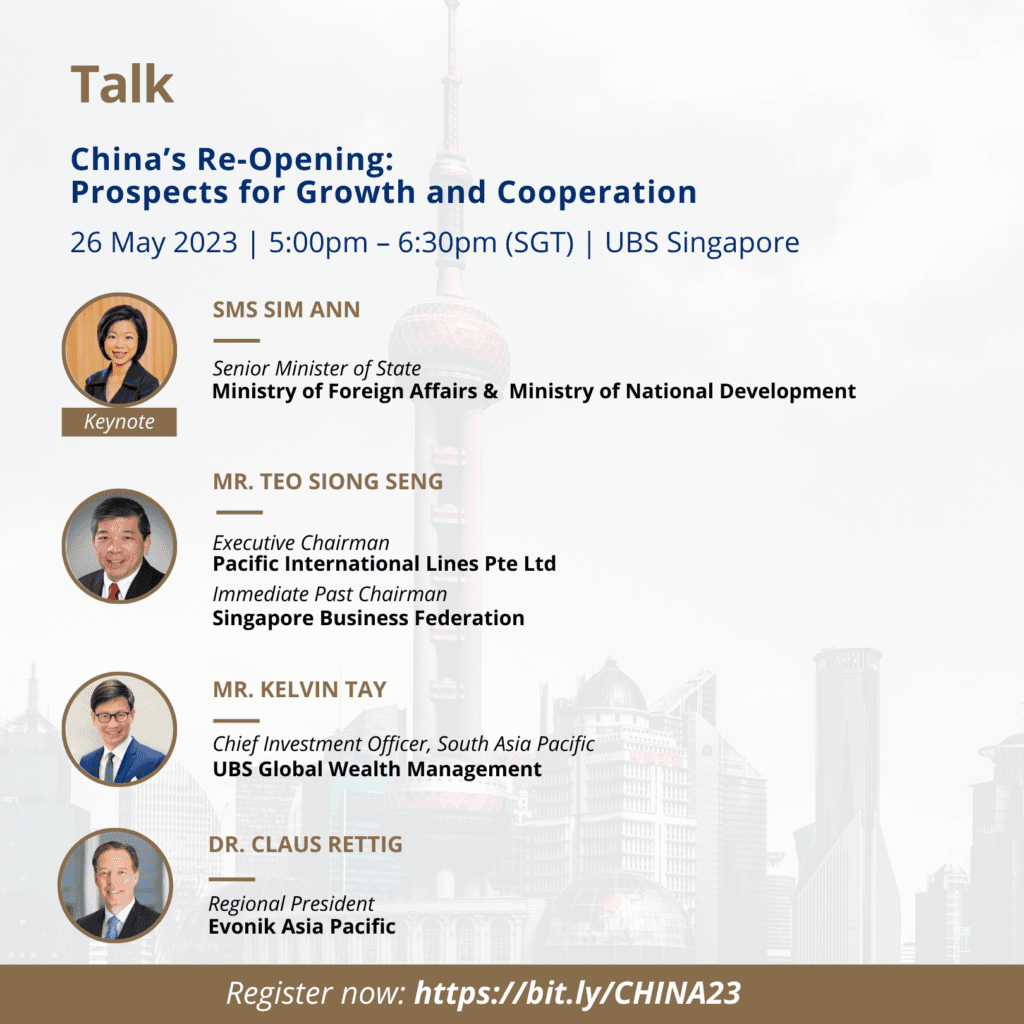China will grow at a slower pace. Its GDP growth at 7.3 per cent in the third quarter this year is its weakest since the global financial crisis of 2008 – 2009. Even in the best case scenario, China’s GDP growth will likely plateaued at 6 per cent through 2020, and this could only be achieved if China is able to get its working population to be more productive.
“The principle engines of economic growth that brought China to (where it is) today are over,” said Mr. Daniel H. Rosen from the Asia Society Policy Institute, who recently published a study titled Avoiding the Blind Alley: China’s Economic Overhaul and Its Global Implications.
China has been relying on its massive labour force and heavy government-led capital investment to power its economy. But the size of its labour force would stabilise in near term after three decades of one-child policy. Capital investment is also nearing its peak. “We just can’t expect the pie to grow as fast,” said Mr. Rosen.
Mr. Rosen was speaking at the Singapore Institute of International Affairs (SIIA) on 7 November 2014, with comments from Dr. Yang Mu, Senior Research Scholar at the East Asia Institute. The session was moderated by Associate Professor Simon Tay, Chairman of the SIIA.
What China needs, Mr. Rosen said, are new and profitable industries. Steel production, for example, is no longer as lucrative. Policy reforms and innovations are needed to sustain China’s growth, or the country would be headed for a hard landing, he said.
However, Mr. Rosen believes President Xi Jinping is steering the country towards the right direction. Much of China’s astonishing growth and comparative advantage in the past were built with little regard to environmental protection and human development. Hence, Mr. Xi’s firmer hand, which some sceptics said is merely a bid at power consolidation, should be welcomed as heavier regulation is good for the country as a whole.
“The policy overhaul is game-changing,” said Mr. Rosen. “We should not be sitting on the fence, thinking – is this for real or not? We need to be responsive to the improvements in Chinese competitiveness that will result from restructuring,” the Asia Society Policy Institute fellow added.
The Asia Society is a strategic partner of the SIIA.
For more on Mr. Rosen’s study, please see: Avoiding the Blind Alley: China’s Economic Overhaul and Its Global Implications (HTML and PDF available)
Image Credit: Asia Society




